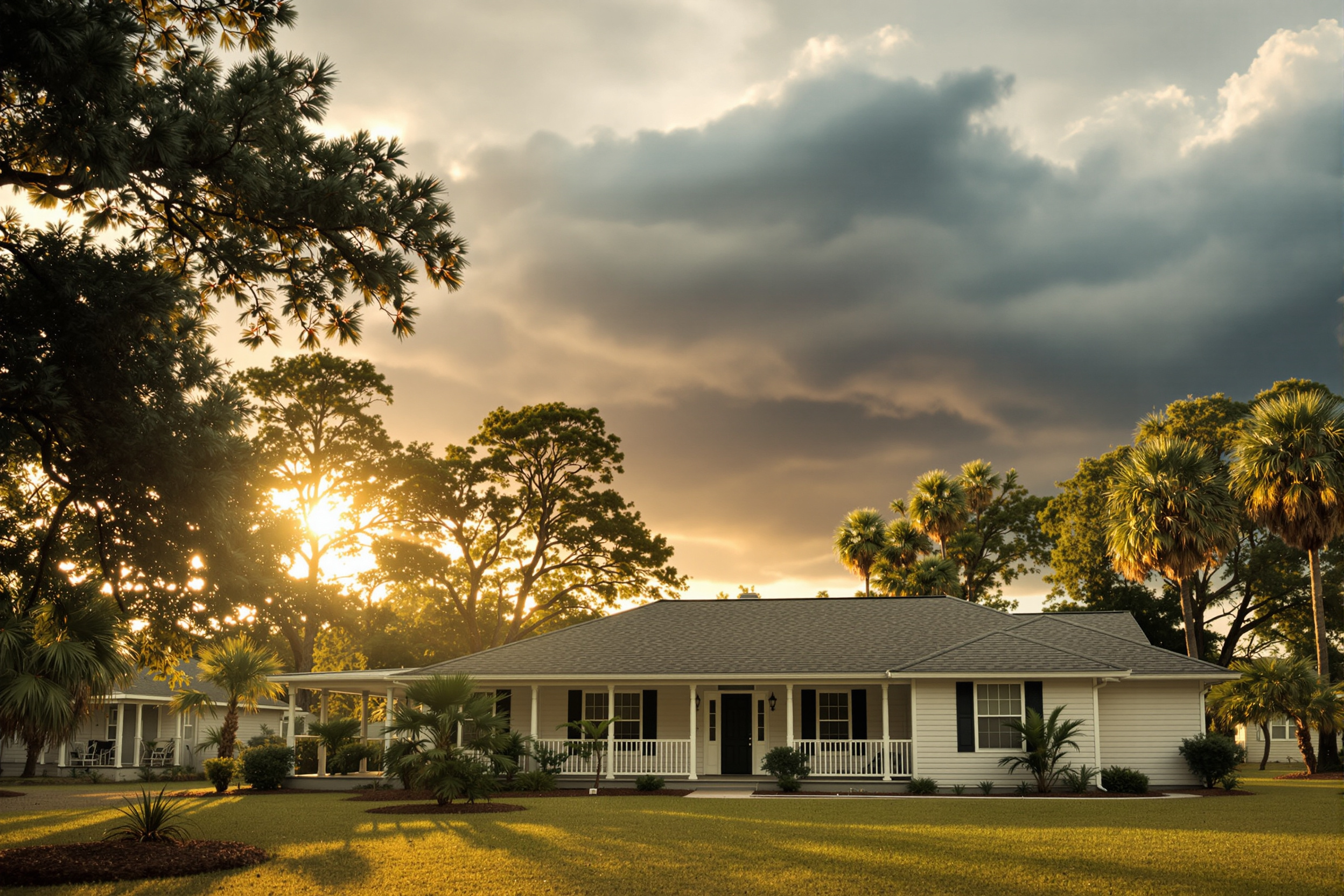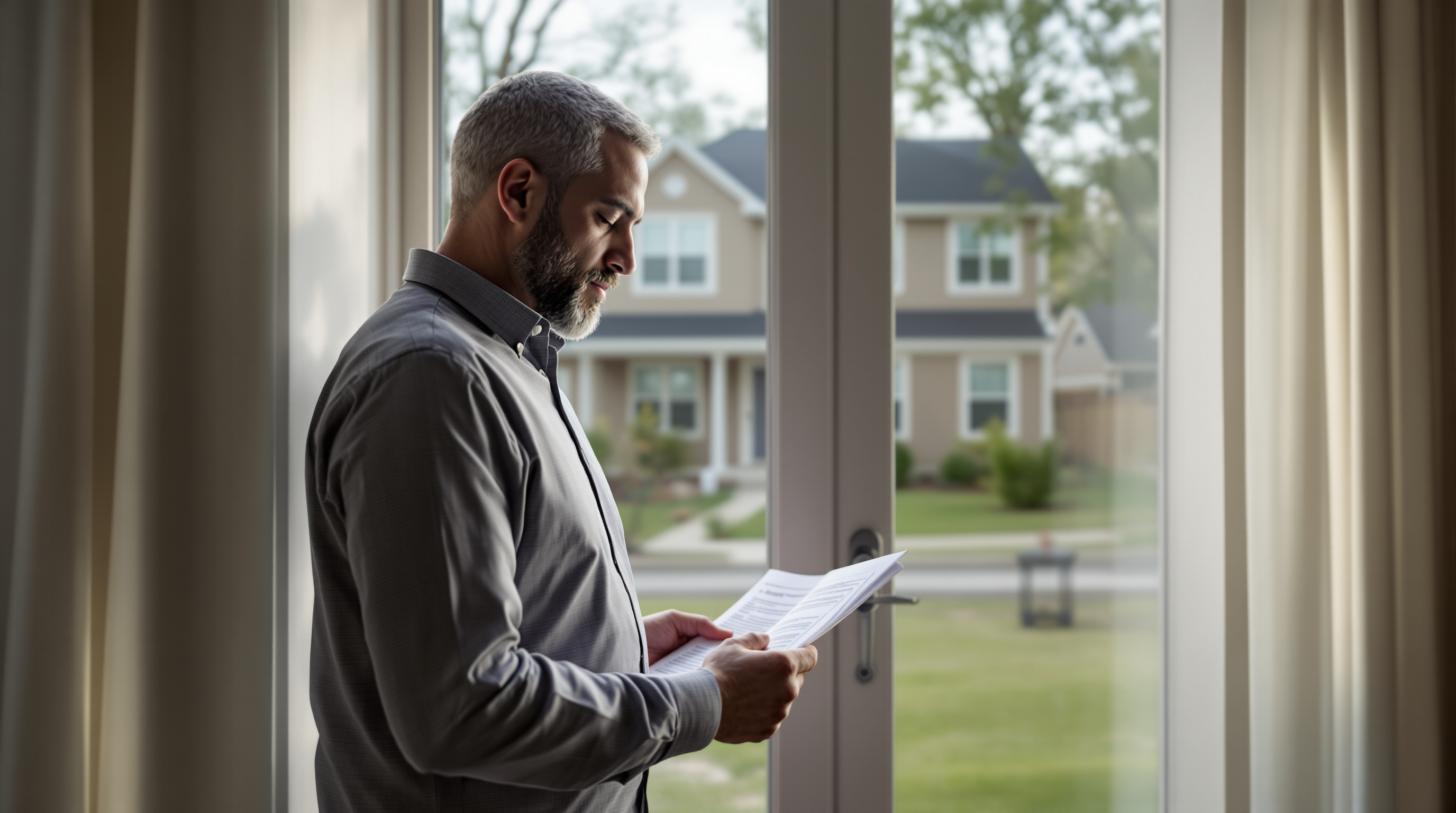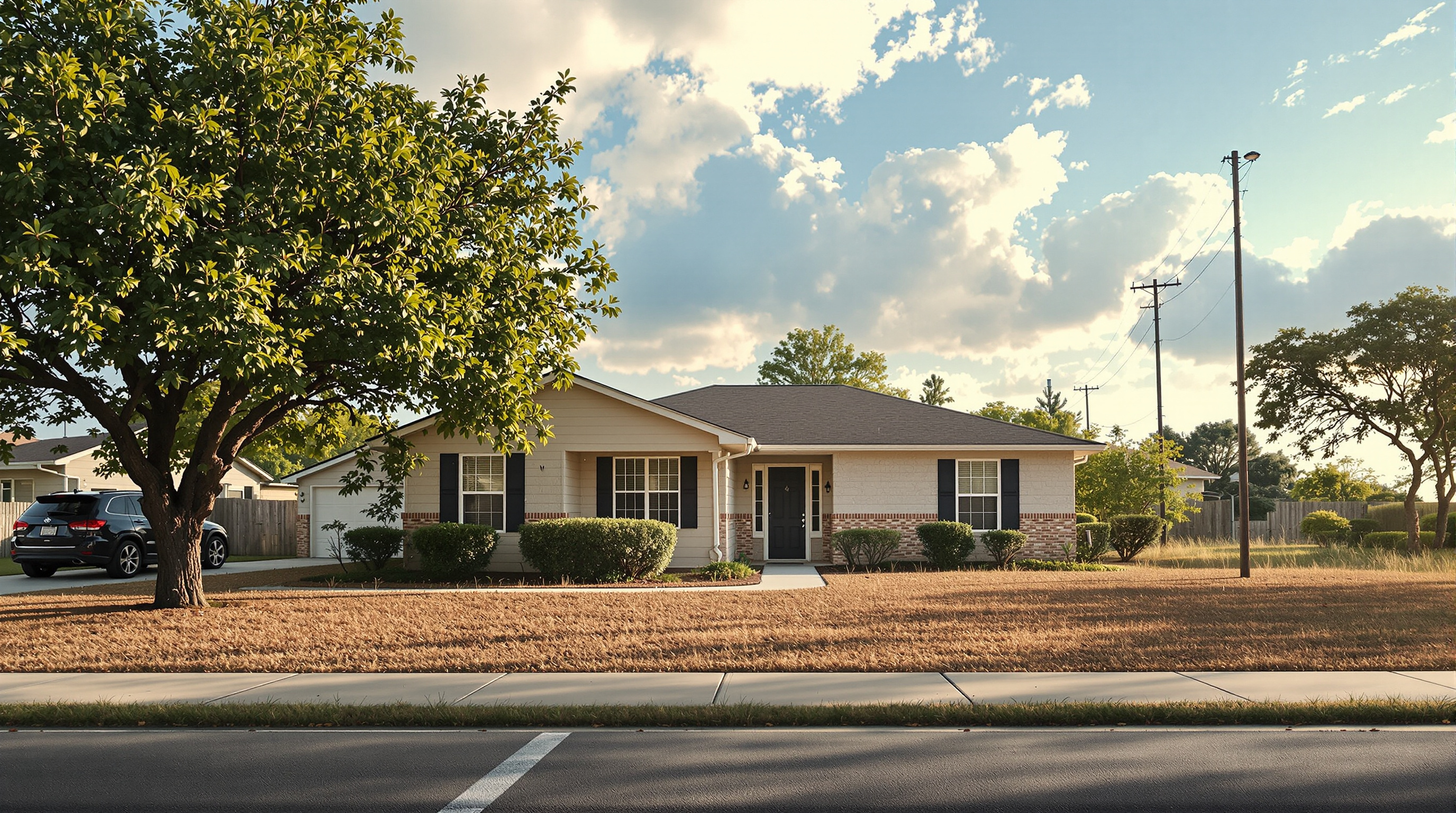Drip drip drip. It’s that leaky faucet again. You’ve been meaning to get around to fixing it but haven’t had the time.
Besides, what’s the worst that could happen?
Unfortunately, even the smallest leak can lead to costly water damage, mold, and more. Good news: If it’s caught early, it can be easily fixed. To do that though, you need to know how to spot the signs of water damage on your property. We’ve rounded up 11 common signs of water damage to help you.
1. Dark or discolored spots
Notice any dark or discolored spots on your walls, ceilings, or floors? There’s a chance it could just be dirt, or it could be water damage.
Start by looking around toilets, sinks, washing machines, and other sources of plumbing. Water may have seeped down to floors below so remember to look up at the ceiling too.
2. Paint problems
Another sign of water damage is paint problems on the interior or exterior of your property. You should check for any paint that’s bubbling, cracking, flaking, or otherwise damaged. This can indicate that water is sitting behind your walls, siding, or any other painted surface.
3. Warped flooring
Along with paint issues, problems with your flooring can also indicate water damage. Walk around barefoot. Water damage will cause carpets to feel damp, wood floors to warp, and vinyl flooring to buckle.
If you feel or see water damage to your floor, be sure to investigate. There’s a chance the subfloor is also damaged, which you’ll want to fix ASAP as it’s an important structural component.
4. Damp surfaces
While it’s normal for areas like bathrooms to be slightly humid after showers, most surfaces in your home shouldn’t be damp or moist. Feel your walls, especially around windows and pipes. If you feel any moisture where you wouldn’t expect it — you may have water damage.
5. Pooling water/ puddles
Pooling water and puddles are also indicators your property could have water damage. Unless you had a flood, or your toilet is overflowing, you shouldn’t have pools of water anywhere.
Clean up any pooling water as soon as you see it to prevent further damage. If the water keeps coming back, you likely have a leak somewhere. Check out your basement or crawl space, as it’s the most common area for pooling water.
6. Bad outside drainage
The outside of your property can also provide clues that you have water damage. Look at the grating and drainage of your property. If water flows towards or pools near your property, you could have water damage.
7. Clogged or broken gutters
Cleaning your gutters is like going to the dentist — you should be doing it twice a year for optimal results. If you put it off, you’re in for a bad surprise when you see water overflowing onto your roof or foundation. Leaves and debris need to be cleared out so rainwater can be redirected away from your property.
If you’re diligent in your gutter cleaning, you should have no problem. Otherwise, check your gutters! They may need to be replaced to keep water flowing away from your house.
8. Roof damage
Your roof exists to protect your home from the elements. However, if it has missing shingles, is sagging, or even has a small hole, it's not keeping out water. Instead, your roof could be a source of water damage to your property. Part of this could be because of your gutters (see #7) or because of the age of your roof. Either way, you may want to call a roofing pro to check it out.
9. Water sounds
Hear that dripping sound even when the faucet is off? Water damage isn’t always visible. If you hear constant sounds of running water (even when no water should be running), it’s time to check your pipes for any leaks and inspect your walls for any damage behind them.
10. Moldy/Musty smell
Not to be too obvious, but if it smells like mold — it probably is mold. Walk around and notice if there’s a particular area that smells musty. Maybe it’s down in the basement near a leaking water heater. Or perhaps it’s in the walls behind a sink. Mold can cause many health problems so if your water damage has progressed that far, it’s time to call in an expert.
11. Increased water bill
If your tenants are complaining about a high water bill, it might be time to investigate. Either they’re taking way too long of a shower, or you have a leak that’s causing your property to use up more water than usual.
Inspect your property for leaky pipes or fixtures — or hire a plumber if you’re not sure what you’re looking for. It may be a simple fix that will prevent headaches down the road.
How can I fix water damage?
Finding water damage can be alarming. The key is to catch the problem early on. Whether that’s a leaky pipe, roof damage, poor drainage, or any other cause, you need to stop the water before you can address any damage.
Then, you need to work on repair. Hopefully the damage hasn’t spread yet. Start by cleaning up any standing water and then assess the area. You may need to remove drywall or flooring — a task you can do on your own or hire out.
Any mold, even the smallest spot, will need to be treated ASAP. Otherwise your tenants’ health could be at risk. We prefer calling in the professionals for this job.
Does landlord insurance cover water damage?
Fixing water damage can be costly, especially if the damage has spread. But with the right landlord insurance, you could have help paying for repairs. Depending on your policy, you may be covered in the event of a burst pipe or ruptured water heater.
If you’re looking for the right landlord insurance, consider Obie. With Obie, you submit a request for an insurance quote online in minutes.
Get your landlord insurance quote today to protect your property from water damage and other damaging events.







